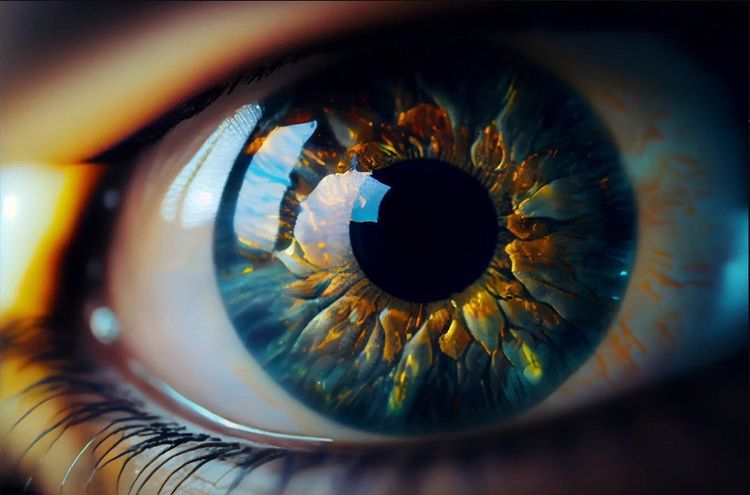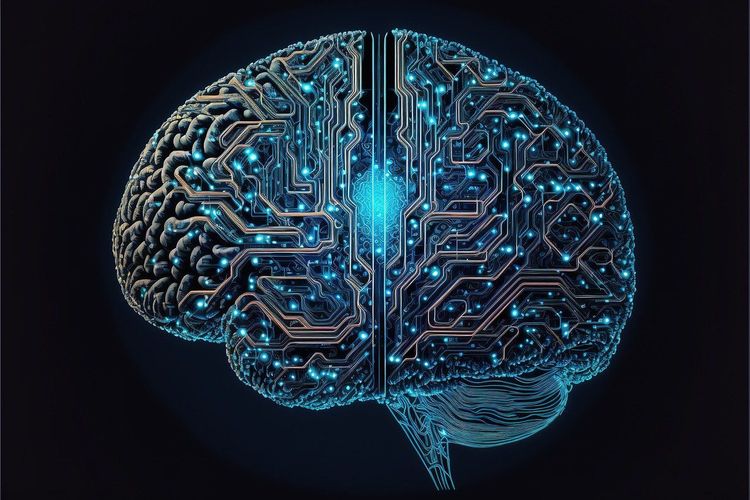Getty Images, a leading provider of stock images, editorial photos, videos, and music, has launched a new generative AI art tool that it claims offers a "commercially safer" alternative to other solutions available in the market.
Named Generative AI by Getty Images, this innovative tool is powered by an AI model from Nvidia, with whom Getty shares a strong technical partnership. The model is trained on a subset of Getty’s extensive library, which comprises around 477 million assets. Similar to well-known text-to-image platforms like OpenAI’s DALL-E 3 and Midjourney, Getty’s tool generates images based on text prompts—like “photo of a sandy tropical island filled with palm trees.”
When customers create and download images through this tool, they will receive Getty’s standard royalty-free license, which includes indemnification—offering protection against potential copyright infringement claims—and the right to “perpetual, worldwide, nonexclusive” use across various media.
Despite its capabilities, the tool comes with limitations. Although Getty’s library contains images of public figures, the company has implemented safeguards to prevent the generative tool from being misused for misinformation, disinformation, or replicating the style of living artists. For instance, customers won’t be able to create an image of Joe Biden infront of the White House or replicate a cat in the style of Andy Warhol. Additionally, every image produced by this tool will carry a watermark indicating its AI-generated nature.
“We’ve invested significant effort to develop a responsible tool that assures customers regarding the visuals generated through AI for commercial purposes,” said Craig Peters, CEO of Getty Images, in a recent press release.
The AI art generation tool, which will be available soon, has leveraged stock images from Getty's vast library. Getty states that images generated by this tool will not be added to its content library for licensing, though the company may use these images to further train its AI model. Contributors whose works were part of the training process will receive compensation, and Getty plans to share revenue generated from this tool, including proportional payments based on traditional licensing income.
“On an annual basis, we will share the revenues generated from the tool with contributors whose content was utilized for training the AI generator,” a Getty spokesperson shared. “A specific formula will determine payments based on various factors, meaning different contributors will receive distinct amounts.”
The tool is designed to be accessible on Getty’s website and can also be integrated into applications and websites via an API. Customers will soon have the option to tailor the tool with proprietary data to generate images that align with a specific brand style or design language. Pricing for the tool will be separate from standard Getty Images subscriptions and will depend on the volume of prompts used.
“We’ve developed a service that enables brands and marketers to confidently explore AI while ensuring that creators are compensated for their contributions to the training datasets,” remarked Grant Farhall, Chief Product Officer at Getty.
Before releasing this tool, Getty was vocal about its concerns regarding generative AI products like Stable Diffusion, which leveraged a portion of its image library for training. Earlier this year, Getty filed a lawsuit against AI startup Stability AI for allegedly copying and processing millions of images and associated metadata without permission or compensation to Getty contributors.
Peters has previously likened the current legal situation around generative AI to the early days of digital music when services like Napster disrupted the industry. “We believe these generative models must respect the intellectual property rights of others,” he told The Verge in a January interview. “We are actively seeking legal clarity on these matters.”
Some companies developing generative AI tools, including Stability AI, argue that their content scraping methods are protected under fair use doctrine, particularly in the U.S. However, this debate is unlikely to reach a resolution in the near future.
It's important to note that Getty isn’t alone in its pursuit of "safer" and more ethical approaches to generative AI. The startup Bria provides a generative AI art tool that is trained on content licensed from partners, including individual photographers and media companies, who share in the revenue. Additionally, Ascendant Art, which recently launched an avatar creator, promises royalty payments to artists who voluntarily submit their works for training its models.
Not only startups are navigating this space; Getty's competitor, Shutterstock, compensates creators whose works help train AI art models. Adobe is also developing a compensation framework for contributors to Adobe Stock, its stock content library, aiming to enable creators to monetize their talents through any revenue generated by its generative AI technology, Firefly.







